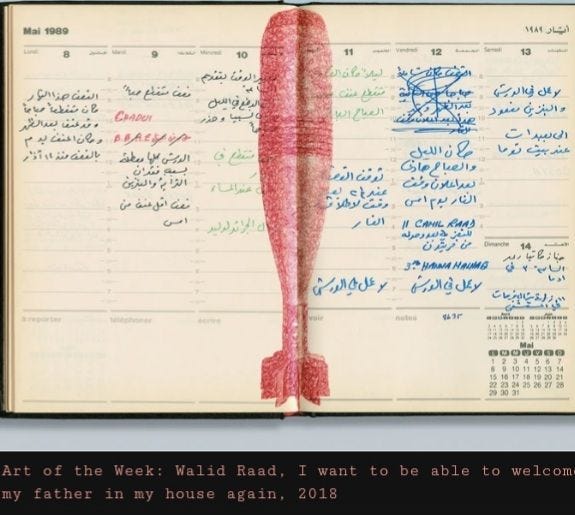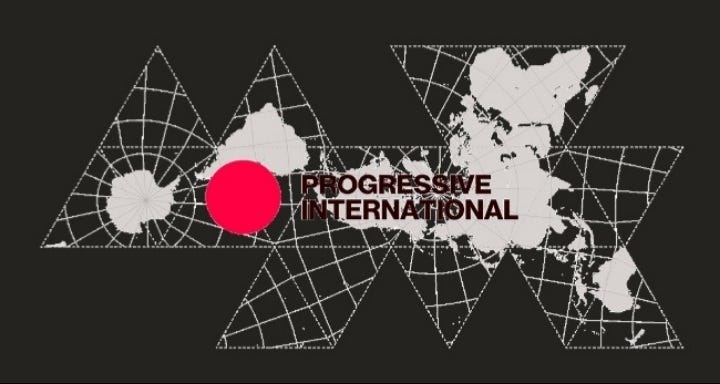1978. 1982. 2006. 2024.
Once again Israeli military forces muster to the North, preparing to invade Lebanon. On Wednesday, Herzi Halevi, the head of Israel’s military, set out the plan to his troops in plain terms. “Your military boots,” he said, “will enter enemy territory.”
And on Saturday, Israel warplanes assassinated Sayyed Hassan Nasrallah, leader of the Lebanese resistance movement Hezbollah, in a ruthless assault that flattened an entire bloc of residential buildings in Beirut with US “bunker-buster” bombs, killing hundreds in the process.
The intensification of Israel’s assault on Lebanon — over 8,000 attacks from 7 October killing well over 1,000 people — will bring yet more dislocation, destruction and death. More tears, trauma and terror for the people of Lebanon.
If the Israeli military does as it is preparing to do — launching a full-scale ground invasion of Lebanon to accompany its present bombing campaign — it will be the fourth such invasion in less than 50 years.
History is repeating, but there is nothing farcical in Israel’s renewed assault on Southern Lebanon. This is history as endless tragedy. And it will continue until these bellicose forces are checked, the war machine is smashed, and the ties of complicity to the settler colonial project are severed completely.
9,000 kilometres away, Israeli Prime Minister Benjamin Netanyahu gave a speech to the UN General Assembly. The room was half-empty, but cheers from his cheerleaders echoed through the hall as he presented Israel as locked in a manichaean, seven-fronted struggle with Iran, warning that there is “no place” in Iran that Israel cannot attack. It was from the sidelines of the UN meeting that Netanyahu ordered the assassination of Nasrallah.
Back in Lebanon, just one of Netanyahu’s fronts, the resulting tragedy is all too familiar. Israeli instructions to leave home or die, like those Palestinians have been receiving since 1948. Repeated displacements — a third of Lebanon’s population are refugees, mainly from Syria and Palestine. The dehumanisation of Lebanese people on Israeli TV in the words of government ministers calling for “annihilation”. The creation of the fiction of the “Hezbollah-run health ministry”. The denial of sovereignty and full humanity.
“We did in Beirut exactly what [the Israelis] are doing in Gaza,” recalled one former Israeli soldier earlier this year. “We turned off the water, the electricity, everything. But there was no social media so people didn’t know so much.” He was referring to Israel’s 6 June 1982 invasion of Lebanon.
Israel has committed and commissioned great crimes, such as the Sabra and Shatila massacre that occurred 42 years ago this month, because it can. These attacks are carried out with the full assent of Israel’s backers in Washington. In an urgent statement published shortly after Nasrallah’s assassination, Joe Biden defended the attack as “a measure of justice”, reaffirming that the US is prepared to back its imperial bridgehead as its rampage creeps farther and farther beyond Palestine’s borders.
At Sabra and Shatila, the Israeli military lit up and kettled the camps so its subordinate proxy, the Lebanese Phalangists militia could butcher defenceless Palestinian refugees. Today, the US arms and supports its subordinate proxy, the Israeli Occupation Forces to carry out its barbarism at arms length.
The Israeli regime’s shocking violence recalls the dying gasps of apartheid South Africa, which escalated its war against Angola, Mozambique and Namibia as it crumbled — a period that also saw the emergence of powerful movements of international solidarity with the states of Southern Africa.
Resistance to this system is not only necessary, it is inevitable. This week marks the 24th anniversary of the start of the Second Intifada, in which Palestinians rose up in the context of the abject failure of the Oslo order to ensure sovereignty and dignity, however partial, for the Palestinians. Today, we see many sparks of a wider uprising against the war machine that facilitates and emboldens the mass murder committed by the Israeli regime.
In Nasrallah, Israel may have killed a leader, but it has not killed the resistance. The assassination of a leader cannot kill the ideas that animate their movement; the wanton massacre of civilians cannot arrest the process of liberation.
Our task is to help these sparks of resistance — on the frontline, in the imperial core and everywhere in between — land on dry tinder. To fan those delicate flames so they grow stronger before finally raging into a great fire that consumes the imperial violence that scars our world.
In solidarity,




